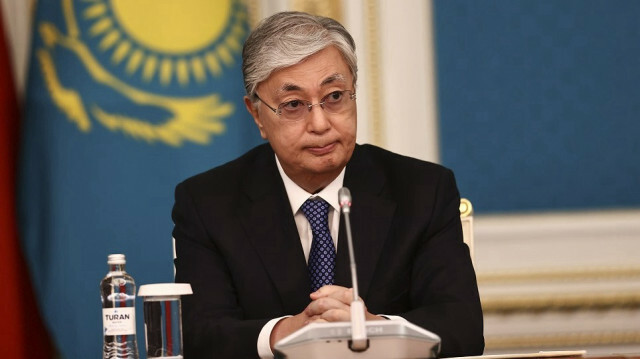
Voting will be held on March 19, according to presidential decree
Kazakh President Kassym-Jomart Tokayev on Thursday dissolved the lower house of parliament and called an early election for March 19.
“In accordance with the Constitution, after consultations with the chairmen of the chambers of Parliament and the Prime Minister, I signed decrees on the dissolution of the Majilis and the early termination of the powers of maslikhats,” Tokayev said in a statement shared by the presidency.
The extraordinary voting for deputies of the Majilis will be held on March 19, while the election of deputies to the maslikhats, local representative bodies elected by the people of a region, will be scheduled by the Central Election Commission.
“The holding of early elections to the Mazhilis and maslikhats is dictated by the logic of the constitutional reform, supported by citizens in a national referendum. Based on its results, our country has switched to new, more fair and competitive rules for the formation of a representative branch of government,” the Kazakh leader said.
Tokayev also said 70% of the deputies of the Majilis will be elected from party lists and 30% will be from single-mandate constituencies. Voting for maslikhats of regions and cities of significance will also be held based on a mixed electoral system.
“The new model for the formation of the Majilis and maslikhats will fully protect the interests of voters both at the national and regional levels, and will provide a wide range of views in the representative bodies of power. This will create favorable conditions for the further development of civil society,” Tokayev said.
He also said the Central Electoral Commission and the General Prosecutor's Office will control the observation of the elections, their transparency and fairness, as the electoral process will be closely monitored by domestic and international observers.
“We have entered a new era in the development of Kazakhstan. The country is undergoing a dynamic and comprehensive renewal process. These elections will become the embodiment of the changes taking place in society and will give a powerful impetus to the further modernization of our political system,” he added.

